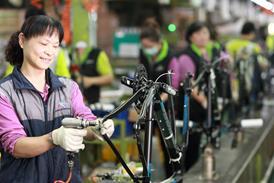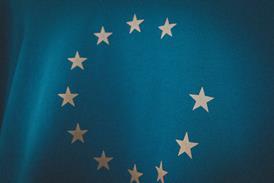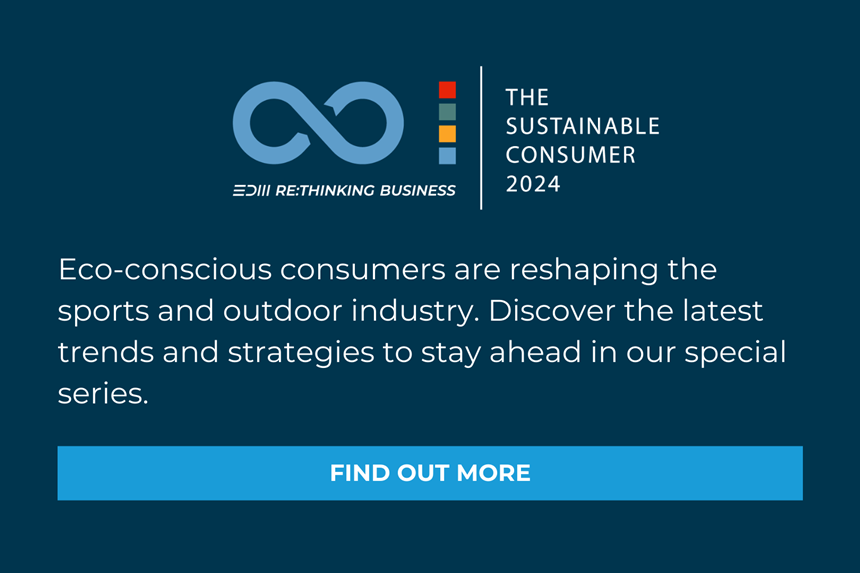Kathmandu of New Zealand has published its eighth annual Sustainability Report, discussing its approach to building a sustainable supply chain and combating the modern slave crisis. Part of the travel and adventure brand’s five-year “Best for the World” plan, the initiatives are under the care of Gary Shaw, corporate responsibility manager.
According to data released during the United Nations General Assembly, there were more than 40 million slaves in the world in 2016, more than at any other time in human history. Three-quarters of them are hidden in global supply chains.
A former human-rights investigator, Shaw has battled modern slavery and human trafficking directly, going undercover in 13 countries to rescue the enslaved and bring about prosecution of the slave drivers. As of July 2020, when the Modern Slavery Act comes into force, all companies in Australia whose sales exceed $100 million will be required to report the risk that there is slavery in their supply chains and the countermeasures they are employing. To encourage companies and individuals to report instances of slavery, Kathmandu has introduced a tool on WeChat as well as some mindset training.
A manager at Kathmandu’s Vietnamese supplier, TGI, has said that before receiving such training workers would refuse promotions for lack of confidence. Meanwhile, a loan program at TGI’s factory is helping to reduce debt bondage, which affects around eight million people, according to the International Labor Organization. Laborlink, an anonymous, confidential survey conducted through employees’ own mobile phones, has helped Kathmandu reduce harassment and bullying. Kathmandu’s strict audit and reporting protocols, including the use of WeChat, resulted in 144 corrective action plans being published in 2018, which led to 49 layoffs for the safety and well-being of the employees.
Kathmandu is currently the largest B Corp in Australia and New Zealand. In addition, the company has an “A” rating in the Ethical Fashion Report, where it ranks second in the PFM (Preferred Fibers & Materials) segment for the third consecutive year.
Kathmandu has incorporated 9.3 million recycled plastic bottles into its products so far this year and hopes to hit 10 million in 2020. It is also working on social responsibility standards and a sustainability road map with Ob?z, the premium American outdoor footwear brand that it acquired in 2018.










